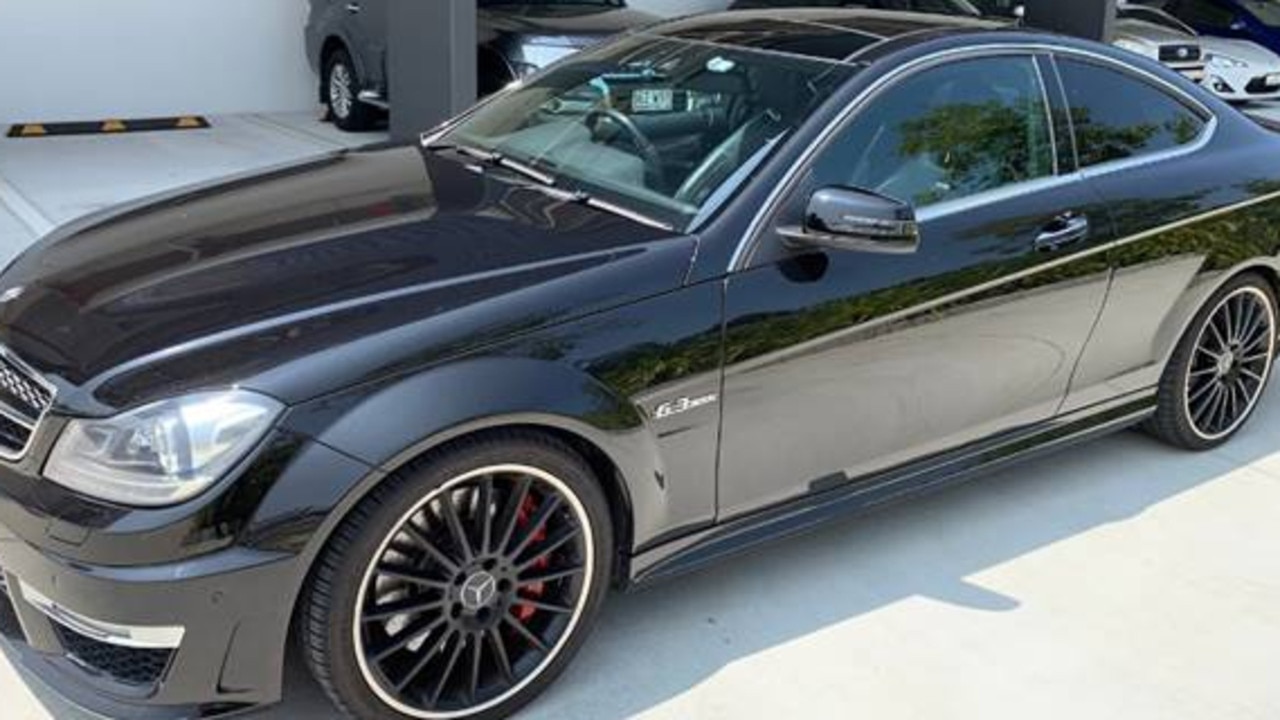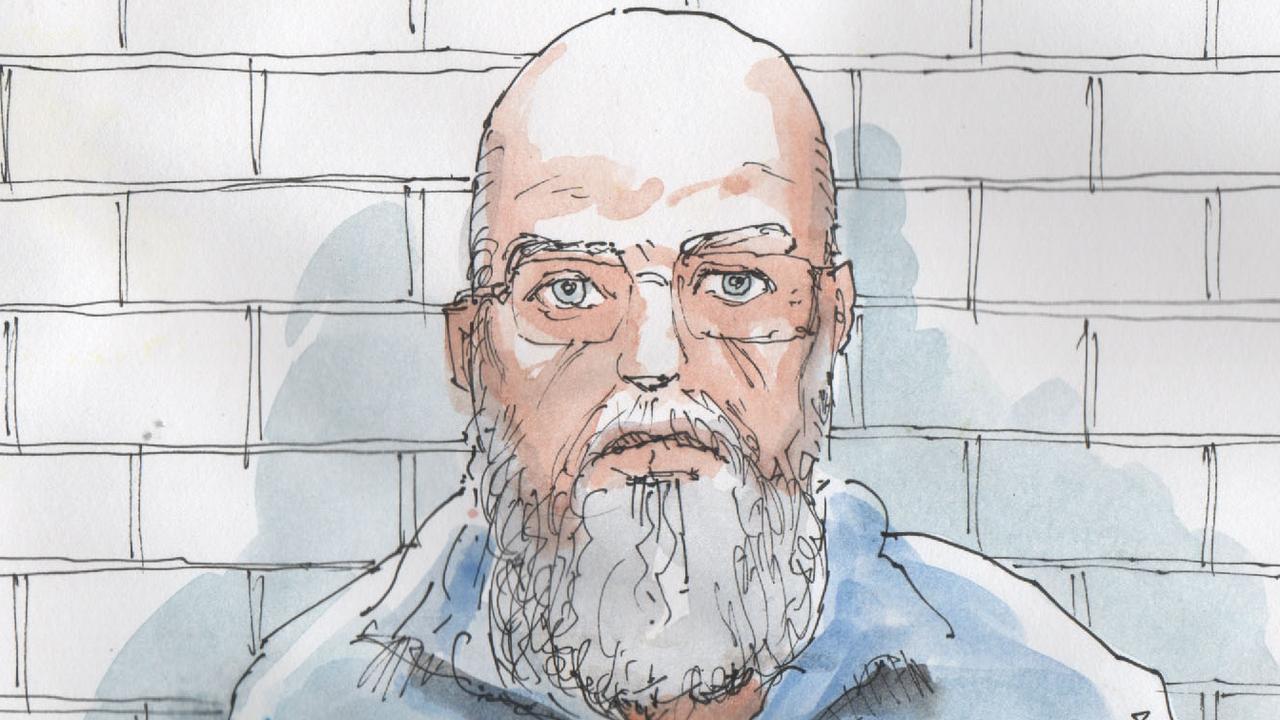Hillier triple murderer Steven Graham Peet’s non-parole jail sentence term to 36 years by Full Court of the Court of Criminal Appeal
The state’s highest court has increased the jail term of Hillier triple murderer Steven Graham Peet to 36 years — longer than notorious Kapunda killer Jason Downie.
Law and Order
Don't miss out on the headlines from Law and Order. Followed categories will be added to My News.
- ‘10 years per life’: Hillier triple murderer to serve at least 30 years
- Hillier killer admits his 30-year sentence is not enough for his crime
- Hillier victims’ grandfather has ‘lost all faith’ in system, DPP
- ‘Personal attack’: Formal complaint over clash between victim, DPP
- ‘Speak out if you’re mistreated’, Hillier grandfather urges victims
- READ THE FULL COURT’S JUDGMENT
The state’s highest court has increased the jail term of Hillier triple murderer Steven Graham Peet to 36 years — longer than SA’s previous triple murderer.
In an unanimous decision on Wednesday, the Full Court of the Court of Criminal Appeal upheld a prosecutorial challenge to Peet’s original 30-year non-parole period.
Chief Justice Chris Kourakis, Justice Martin Hinton and Justice Sam Doyle agreed that penalty should be set aside.
Peet, they said, should instead serve at least 36 years behind bars before being eligible for parole.
They said the murders of Adeline Yvette Wilson-Rigney and her children, Amber Rose Rigney and Korey Lee Mitchell, were “brutal, cold” and “lacking in humanity”.
“This is a case where condign punishment has to be afforded great weight,” they said.
“(The original sentencing remarks) barely betray the repulsion the community feels when very young lives are taken.
“A just sentence, in the present case, must accord due recognition to the human dignity of three victims.”
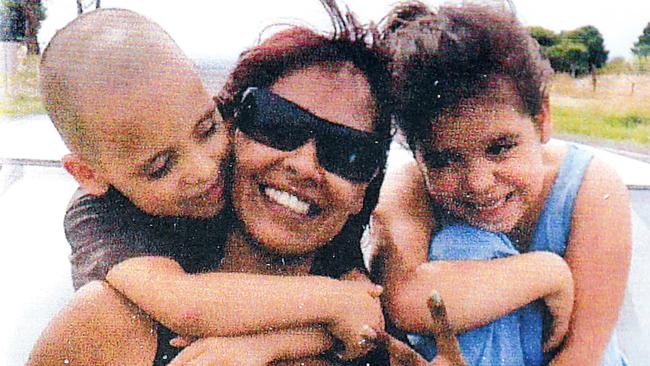
The decision was little comfort to the children’s paternal grandfather, Steven Egberts.
“I don’t think there’s ever been any dignity in this for any of them … they, and we, have had it all taken away from us through this process,” he said.
“Without doubt, Peet should never be released and I don’t think there’s anybody who would question that — so it’s amazing we have a legal system that can come up with this judgment.
“The public expects a life sentence for these absolutely cold-blooded murders.”
Peet, 33, killed Ms Wilson-Rigney, Amber and Korey at their Hillier home on May 30, 2016.
Ms Wilson-Rigney, 28 — who had been in a relationship with Peet — was beaten and strangled, while the children, aged 6 and 5, were gagged and hogtied.
All three bodies were hidden, in the house, under mattresses, piles of clothes and a play tent.
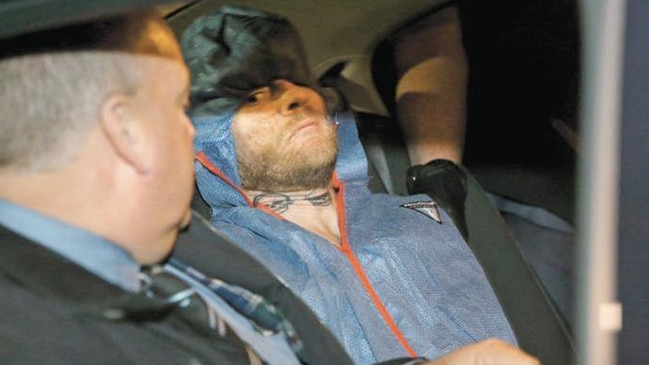
Peet pleaded guilty to murdering Ms Wilson-Rigney but initially denied responsibility for the children’s deaths, claiming he was in “a disassociative state”.
That prompted a five-month delay in the case while his claims were proven baseless, and he confessed to all three murders.
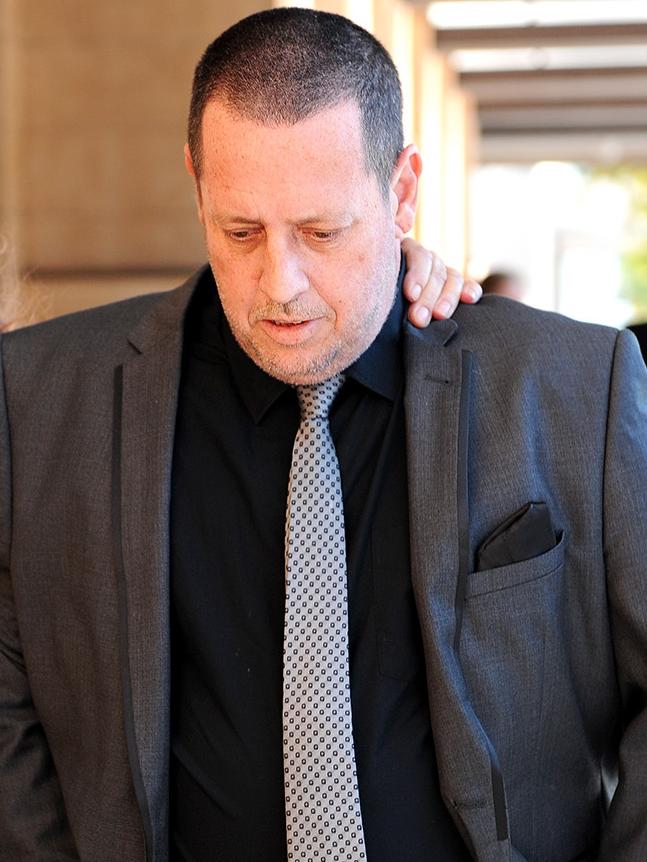

In April, Peet was jailed for life with a 30-year non-parole period — five years less than the sentence imposed upon Kapunda triple murderer Jason Alexander Downie.
The sentenced sparked both community outrage and a DPP appeal, during the hearing of which Peet himself conceded his penalty was too lenient for his crime.
On Wednesday, the Full Court said a 39-year non-parole period was warranted, reduced to 36 years for Peet’s eventual guilty pleas.
“It has been said that the value of human life is intrinsic,” the judges wrote in their joint judgment.
“The murderer denies their victim life and all the potentialities that accompany living, which are of inestimable worth.
“That denial … is magnified where the victim is a child … the younger and more innocent the child, the more the murder repulses us as a community.”
They noted the mandatory minimum non-parole period for murder, under state law, was 20 years.
“Bearing in mind the yardstick that represents, we agree that the non-parole period imposed is manifestly inadequate,” they said.
“Whilst the murder of Ms Wilson-Rigney, viewed in isolated, may not have merited a starting point of 33 years, the murders of Amber and Korey taken together would.
“That in itself indicates inadequacy.”
Outside court, Mr Egberts and his wife Janet said the adjusted sentence still did not meet community expectations.
“All we asked was that he get long enough so that our other family members don’t have to deal with this when we’re gone,” he said.
“It’s terrible for us to know we have to leave this burden with them at some stage, this possibility Peet may be released.
“Anyone who can do this to small children has no place in society.”
He said the family would continue its fight for justice by seeking coronial and ombudsman inquiries into Families SA’s handling of the children prior to their deaths.
“We’ve got all the hate in the world for Peet, but there are people that left these children there and did nothing for them,” he said.
“There is nothing fair about this … we made the mistake of think that, because we lost two beautiful, innocent children, people would give a s--t.”
WORST OF THE WORST: SA’S LONGEST NON-PAROLE PERIODS
John Justin Bunting and Robert Joe Wagner: life without parole for the “bodies in the barrels” serial killings in the 1990s.
Mark Errin Rust: life without parole — due to his uncontrollable sexual urges — for the murders of Maya Jakic and Megumi Suzuki in the 1990s.
Dieter Pfennig: life with a combined 60-year non-parole period for the murders of Louise Bell in 1983 and Michael Black in 1989.
Jason Alexander Downie: life with a 35-year non-parole period for the 2010 murders of Andrew, Rose and Chantelle Rowe.
Jean Eric Gassy: life with a 34-year non-parole period for the 2002 assassination of Dr Margaret Tobin.
Angelika Gavare: life with a 32-year non-parole period for the 2008 dismemberment murder of pensioner Vonne McGlynn.
Garry John Collie: life with a 30-year non-parole period for the murders of two people during an early 2000s drug deal.


